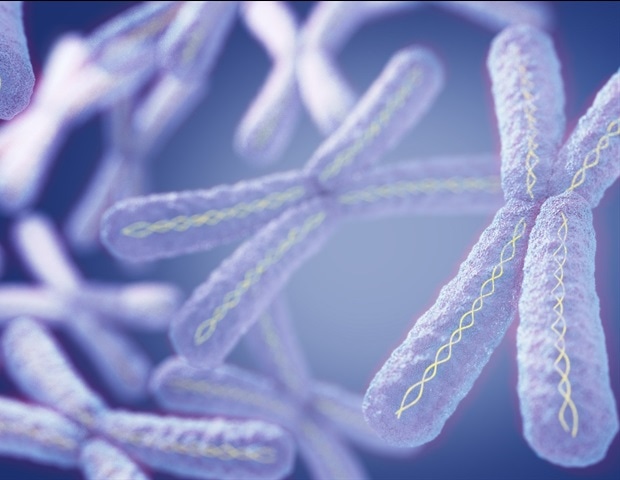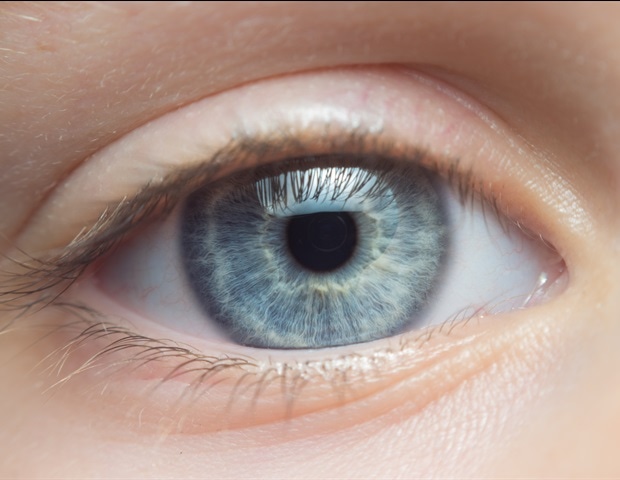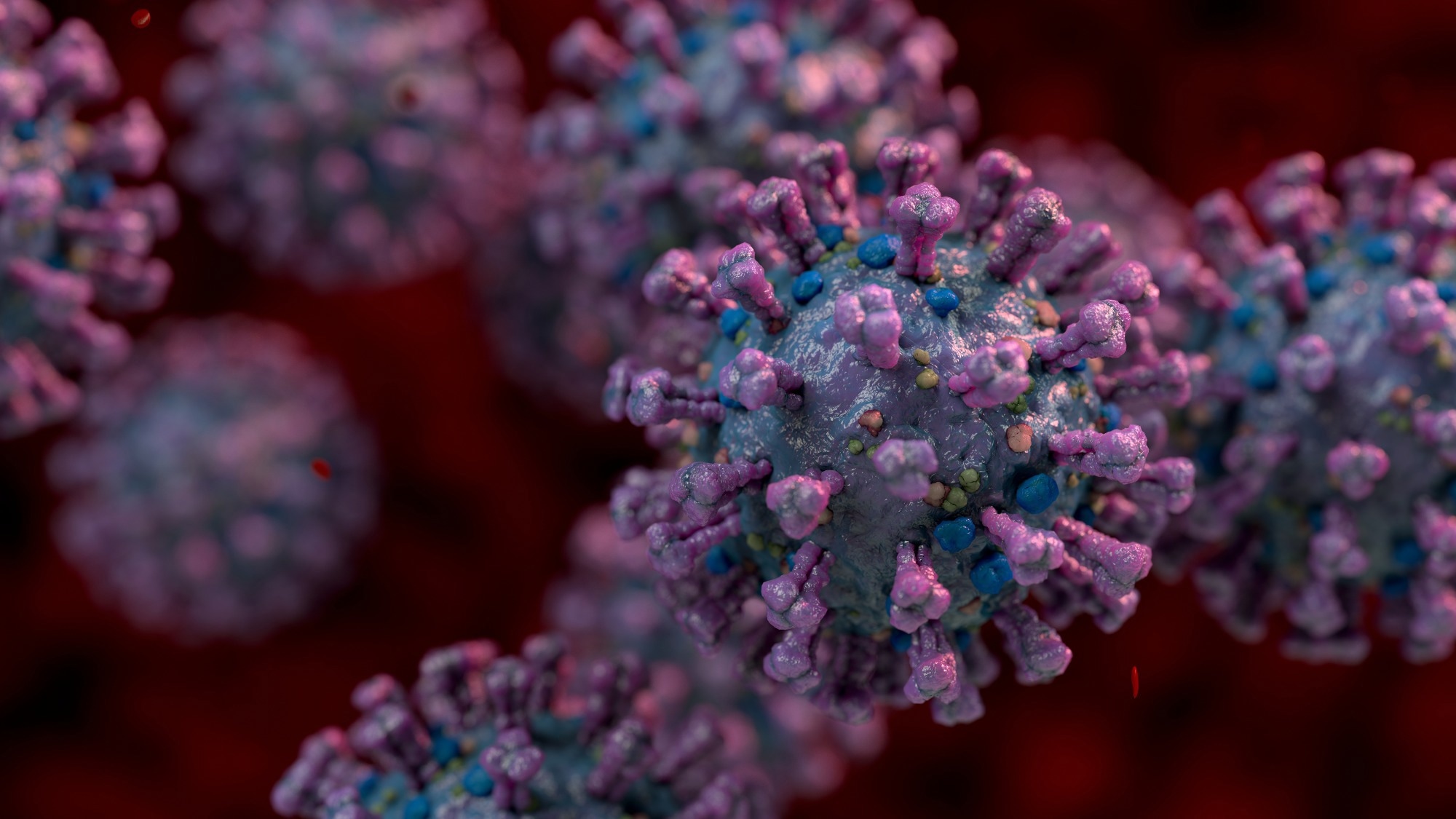By Robin Foster HealthDay Reporter
TUESDAY, Aug. 9, 2022 (HealthDay News)
The notion that depression is caused by a chemical imbalance in the brain has become widespread among the general public.
But there’s actually no hard evidence that the brain chemical serotonin – the main suspect in this theory – is linked in any way to depression, a new review finds.
Studies involving more than 100,000 people which evaluated serotonin’s role in depression from many different angles discovered no real difference between healthy people and those with depression, said co-researcher Dr. Mark Horowitz, a psychiatric clinical research fellow with the University College London.
“Overall, we found that in all the major areas of research, there was no evidence of low serotonin in depression compared to healthy volunteers,” Horowitz said. “And so we conclude that patients shouldn’t be told that they have a chemical imbalance or low serotonin, because it’s not supported by the evidence.”
The review also calls into question what antidepressants actually do, since most are selective serotonin reuptake inhibitors (SSRIs) that were originally thought to work by correcting abnormally low serotonin levels, Horowitz and his colleagues argue.
Doctors often compare taking SSRIs for depression to taking insulin for diabetes – essentially replacing a biochemical that the body isn’t producing in adequate levels, Horowitz said.
The most well-known SSRI is Prozac (fluoxetine). Others include Lexapro (escitalopram) and Zoloft (sertraline).
“What we’ve shown is that that analogy is false,” Horowitz said. “There is no evidence for low serotonin in depression. So, it can’t be that antidepressants are fixing an underlying chemical problem in the same way that insulin does correct an underlying problem in diabetes.”
However, other psychiatric experts note that while SSRIs aren’t perfect, they have been proven effective in clinical trials. And even though the way the drugs work might not be fully understood, patients absolutely should not toss away their antidepressants until they’ve spoken with their doctor.
“The evidence base that supports the use of these medicines is rooted in clinical trials that demonstrate the efficacy of the medicines,” said Dr. James Murrough, director of the Depression and Anxiety Center for Discovery and Treatment in the Icahn School of Medicine at Mount Sinai, in New York City. “These medicines were never engineered to reverse a specific biological abnormality that causes depression.”
“The cause of depression in most cases is unknown and the field currently lacks a clear understanding of the biological basis of depression,” Murrough continued.
The serotonin theory of depression was first suggested in the 1960s and widely publicized from the 1990s onward with the advent of SSRIs, researchers said in background notes.
Serotonin levels not key to depression
Surveys suggest more than 4 of 5 people now believe depression is caused by a chemical imbalance, and many family doctors also subscribe to this view, the researchers said.
To look at whether this is so, Horowitz and his colleagues gathered together 17 previous analyses of serotonin’s role in depression, creating an “umbrella” review of the available evidence.
The new large-scale evidence review, published recently in the journal Molecular Psychiatry, revealed that:
- There were no differences in serotonin levels of the blood or brain fluids between healthy and depressed people.
- Experiments that naturally lowered people’s serotonin levels using dietary restrictions did not wind up producing depression in healthy volunteers.
- Genetic differences in the way people process serotonin also didn’t influence risk of depression.
- While stressful life events can increase a person’s risk of becoming depressed, there were no differences in serotonin levels between healthy people under stress and those whose stress wound up causing depression.

QUESTION
Depression is a(n) __________ .
See Answer
In a way, this isn’t news to experts in the field. “It has been recognized for decades that the [serotonin] theory is at best incomplete and at worst completely wrong,” Murrough said.
For example, it’s well-known piece that while antidepressant medicines increase serotonin levels immediately, clinical improvement in symptoms of depression typically takes weeks or longer.
“Therefore, it was always recognized that even if elevating [serotonin] levels was a necessary step, it could not completely explain the antidepressant effects of the medicines,” Murrough said.
So why do SSRIs work, given that they’ve been shown to treat depression effectively in clinical trials?
The antidepressants might work by essentially “numbing” people, much in the same way that alcohol makes people with social anxiety disorder feel calmer and less anxious, Horowitz said.
“Antidepressants don’t act in the same way as alcohol, of course, but in a similar way they could affect the way we think and feel without acting on the underlying causes of depression,” Horowitz said. “One suggestion about the way antidepressants work is that they act as numbing agents. We know that at least half of people taking antidepressants will report emotional numbing.”
The fluctuations in serotonin levels caused by SSRIs also might promote the development of new brain cells in those with depression, said Dr. Mimi Winsberg, chief medical officer of Brightside Health, a tele-mental health company.
“We see the loss of neurons in conditions that are associated with repeated stress, such as depression,” Winsberg said. “It’s possible that many of the antidepressants we use trigger the birth of new brain cells, which is not as direct a correlation as low serotonin replacement.”
Murrough agreed.
“Antidepressant medication may treat depression by reversing the well-known negative effects of chronic stress in the brain and lead to increased health and connection of brain cells in specific brain regions important for mood regulation, such as the prefrontal cortex,” Murrough said.
Another player in the brain chemical mix?
SSRIs also alter other brain chemicals. For example, animal studies have shown the drugs also increase levels of a substance called BDNF (brain-derived neurotrophic factor), noted Margit Burmeister, a professor of neurogenetics with the University of Michigan’s Department of Psychiatry.
“That same BDNF gets increased when you exercise, which is a natural antidepressant,” Burmeister said.
A lack of mental health resources has probably led doctors and patients to lean on SSRIs far more than they ought to, Burmeister said.
“Right now, people with depression often have to wait months before they can be seen by a professional, whereas the primary care physician can just fill a prescription for an antidepressant,” Burmeister said.
SSRIs “do work to some extent, but whether everyone needs antidepressants is a whole other story,” Burmeister added. “What is clear is that people who get talk therapy and people who get SSRIs both together tend to do the best in clinical studies, compared to either alone.”
“At a biological level, depression may in fact be many different illnesses, each requiring a different type of treatment,” Murrough said. “Over the history of medicine, we have seen this play out time and again. Maybe a better question than, ‘Is serotonin involved in depression?’ would be ‘Is serotonin involved in the depression of this specific patient that I am trying to treat?’”
Horowitz noted that in British guidelines for treating depression, ten courses of treatment are recommended and only two involve the use of antidepressants. In fact, those guidelines specifically recommend that antidepressants not be used as a first-line treatment unless that’s the patient’s preference.
Instead, the treatment options mostly focus on relieving the underlying stress and anxiety that’s causing a person’s depression.
“One of the most effective is problem-solving therapy, which I find very instructive because it’s really speaking to the problems in people’s lives that lead them to feel overwhelmed,” Horowitz said. “Problem-solving therapy involves writing down the major problems in your life and listing the three steps you can take for each problem. And you come back and report on your progress after a couple of weeks. It’s really just a structured way of going through problems.”
Other recommended and proven treatments include talk therapy, mindfulness meditation, cognitive behavioral therapy, relationship therapy and physical exercise, Horowitz said.
“All these treatments have been found to be effective in clinical trials,” Horowitz said. “I hope people now are told that there’s a more holistic way of solving their problems, and that will allow them a broader set of possible solutions. Because, of course, if you’re told there’s a chemical problem, then it makes obvious sense to go for a chemical solution.”
Winsberg agrees, comparing chronic pain to depression in that there are a lot of different causes and therefore many potential solutions.
From 
Health Solutions From Our Sponsors
“Just because taking Tylenol makes your headache better, defining headaches as a Tylenol-deficiency syndrome, that would be silly, right? But that’s kind of where some of the conversation has been going in among the general public regarding antidepressants, and that’s a vast oversimplification,” Winsberg said. “There are chemical mediators to this pathologic process, and sometimes the drugs can target those chemical mediators. But that doesn’t mean to say that the cause of the problem is the chemical mediation.”
More information
The National Institute of Mental Health has more about depression.
SOURCES: Mark Horowitz, MBBS, PhD, psychiatric clinical research fellow, University College London; James Murrough, MD, PhD, director, Depression and Anxiety Center for Discovery and Treatment, Icahn School of Medicine at Mount Sinai, New York City; Mimi Winsberg, MD, chief medical officer, Brightside Health; Margit Burmeister, PhD, professor, neurogenetics, University of Michigan’s Department of Psychiatry; Molecular Psychiatry, July 19, 2022
Serotonin review Molecular Psychiatry (1).pdf

Copyright © 2021 HealthDay. All rights reserved.
Subscribe to MedicineNet’s Depression Newsletter
By clicking “Submit,” I agree to the MedicineNet Terms and Conditions and Privacy Policy. I also agree to receive emails from MedicineNet and I understand that I may opt out of MedicineNet subscriptions at any time.














